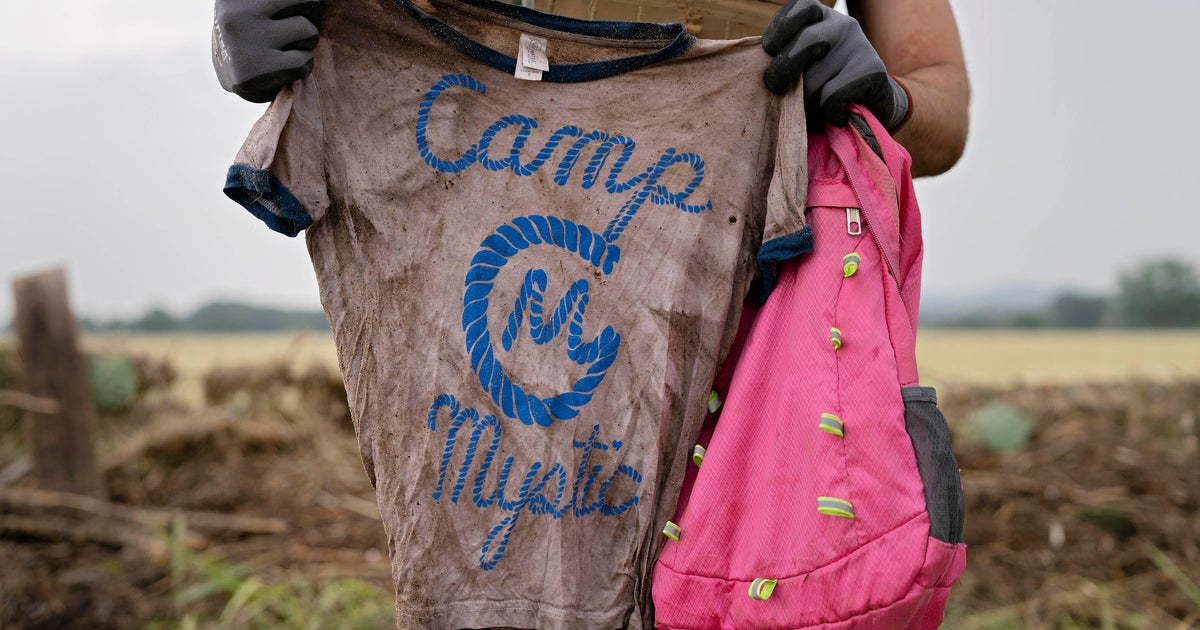OxyContin Maker To Pay Over $200 Million To Settle Opioid Lawsuit
Follow CBSMIAMI.COM: Facebook | Twitter
MIAMI (CBSMiami/CNN) -- Purdue Pharma, the maker of OxyContin, has agreed to pay over $200 million to settle a historic lawsuit brought by the Oklahoma attorney general.
Purdue Pharma is accused of aggressively marketing the opioid painkiller and fueling a drug epidemic that left thousands dead in the state.
The settlement which was first reported by Reuters, comes after Purdue fought the attorney general in court, seeking to delay the start of the trial, which is scheduled for May 28.
The source would not say whether other drugmakers named in the suit would follow Purdue's lead.
A spokesman for Oklahoma Attorney General Mike Hunter declined to comment. The attorney general has planned a news conference for Tuesday afternoon in Tulsa.
In an email Tuesday, Bob Josephson, Purdue Pharma executive director of communication said, "We are not commenting at this time."
The suit was brought by Hunter against some of the nation's leading makers of opioid pain medications, alleging that deceptive marketing over the past decade fueled the epidemic in the state. Hunter has said the defendants -- Purdue Pharma, Johnson & Johnson, Teva Pharmaceuticals, Allergan and others -- deceived the public into believing that opioids were safe for extended use.
On Monday, the Oklahoma Supreme Court rejected the drugmakers' appeal to delay the trial for 100 days.
The drugmakers have denied the allegations and maintained their marketing was appropriate.
Thirty-six states have brought cases against Purdue and other opioid drugmakers. Oklahoma was the first state set for trial, and court observers have been watching the case closely for precedent.
The Oklahoma trial was set to be the first in the nation to go before a jury that could determine pharmaceutical companies' role in the nation's opioid epidemic and whether Big Pharma should pay for it.
(©2019 CBS Broadcasting Inc. All Rights Reserved. Cable News Network, Inc., a Time Warner Company, contributed to this report.)







